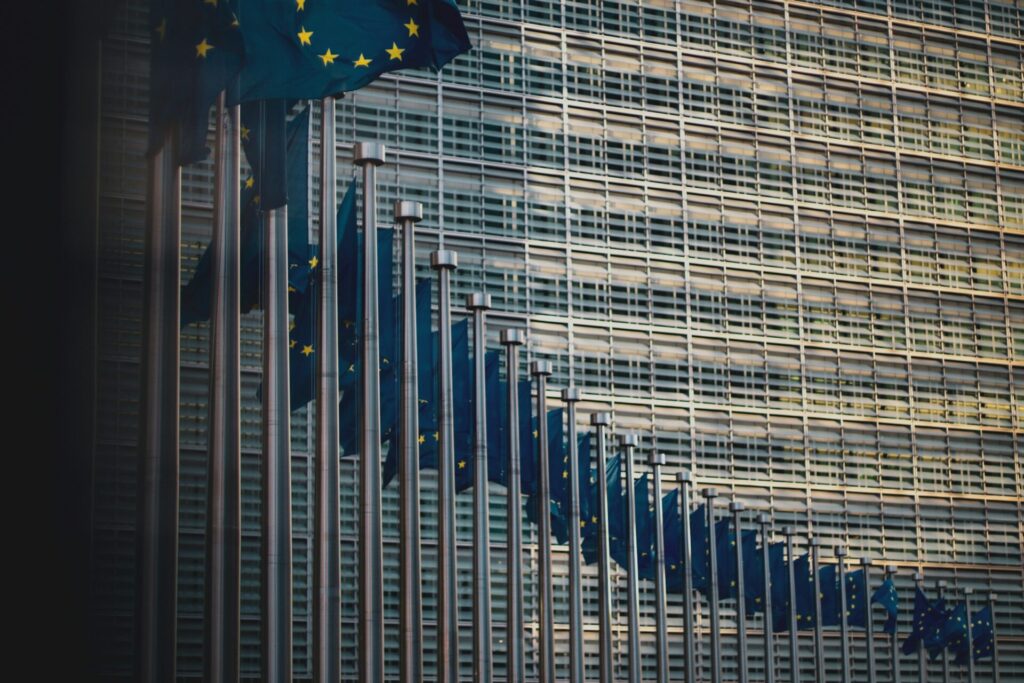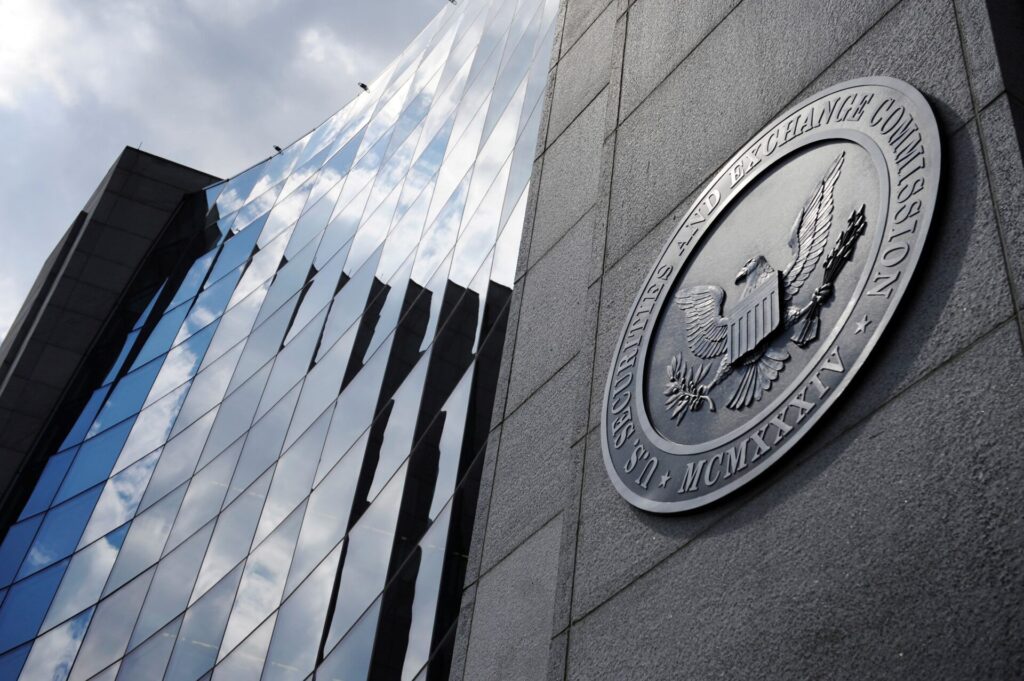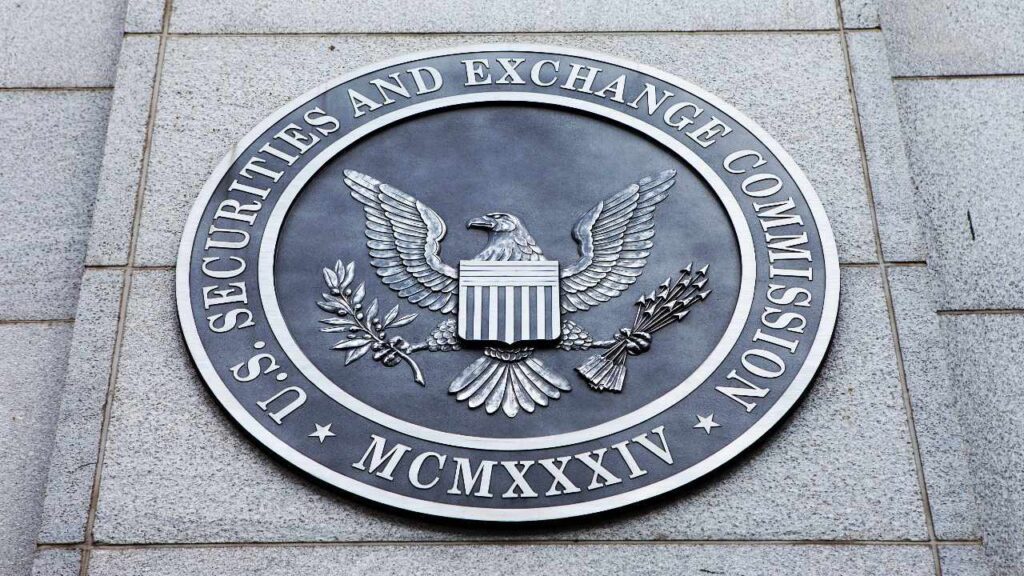Copyright © 2023 Telesto Strategy LLC, All rights reserved.
Insights & Research
Generating novel thought leadership that advances the global dialogue around our key areas of focus is a critical component of our work. Learn more about some of our selected insights below
Our Latest Insights

While ESG has grown in prominence in recent years, its historical roots extend back decades. This articles explores its history and key milestones in an effort to equip leaders with the foundational understanding to competently manage ESG in their businesses.

The EU’s Corporate Sustainability Reporting Directive (CSRD) is expected to affect up to 50,000 entities that are not currently required to report on ESG activities. US board members must understand its requirements and timing and ensure that their organizations comply and leverage the exercise to build long-term enterprise value.

With a vote on the SEC's decision on Climate-disclosure rulings for public companies imminent, Boards across the country must prepare for the implications on their businesses. In this article, we break down what exactly that means.

Audit Committees have long been instrumental in enhancing disclosure practices. As standards on Corporate Sustainability and ESG come into sharper focus, the Audit Committee will play an increasingly important role in overseeing ESG disclosures and risk management.

With so much happening at the national and international level, it’s important that corporate directors and officers cut to the most pressing questions and issues around ESG today.

Despite recent political clamor and media headlines around ESG and sustainability, recent Telesto research suggests executive leaders continue to care about both.

ESG's role in corporate transparency, accountability, and reputation-building is well established, but less is known about its financial ROI. Here are 13 ways that companies can achieve higher ROI through ESG.

Rather than treating climate risk as just another compliance exercise, businesses should invest the necessary time and resources to capture value (or avoid loss) as the world transitions to hotter weather and a carbon-free economy.

Although Africa has contributed less than 3% of the world's cumulative CO2 emissions since 1750 and the average African emits 10 times less CO2 than a North American, it is feeling a disproportionate impact from climate change. The time is now to direct climate capital to the continent.

With less than 0.4% of VC funding going towards female-founded climate startups in Africa, the continent faces a colossal gender gap that must be addressed.
Previous
Next
Other Featured Insights

If you’re just hearing about the SEC’s climate disclosure ruling, you’re not alone. With its recent announcement, thousands of publicly traded companies in the US will now be subject to the new regulation. But what does the SEC ruling mean for your business?

Cybersecurity threats continue to propagate and intensify, posing enormous risks to enterprise value. This article explores why corporate directors should include cybersecurity in the design and implementation of ESG strategies.

As the urgency to address climate change grows, decarbonizing the built environment has become a critical priority. Non-profit organizations and thought leaders, including think tanks, play an indispensable role in driving innovation, shaping policy, and catalyzing action to achieve this ambitious goal.

Growing recognition of the environmental impact of plastics and packaging materials has prompted the need for a transition towards circularity. Despite obstacles, progress has been made through innovations in material science and recycling technologies, underscoring the importance of collaboration among stakeholders in accelerating the transition towards circular packaging and sustainability.

As governments worldwide intensify efforts to combat climate change, new building efficiency and emissions regulations are reshaping the landscape for building materials manufacturers. This article explores the implications of these regulations for manufacturers, strategies to adapt, and the potential opportunities that lie ahead.

Although predictions are infamous for being wrong, it's important for corporate directors to keep an eye on what's to come. In this article, we review 8 corporate sustainability trends to watch for in 2024.

Scope 3 emissions are at the center of the ESG world and regulations today (SEC climate disclosures, CSRD, California climate disclosure law), but what exactly are they? In this video, Telesto breaks down Scope 3 emissions as simply as possible and explains why they matter.

Telesto CEO & Founder, Alex Kruzel, was in Dubai this December for COP28. She reflects on the key learnings from her time at the conference and what it means for business leaders in the US and globally.

In today's increasingly environmentally conscious market, building materials manufacturers and retailers are recognizing the potential for new revenue streams by embracing sustainability and Environmental, Social, and Governance (ESG) principles.

Embodied carbon and green building materials have become hot topics in the construction and real estate worlds. But what are they, and why do they matter for companies in the built environment?
Previous
Next
Need a speaker from Telesto?
Please complete the form to help us understand whether we can help and to assess our experts' availability.
podcast

Telesto Virtual Events
Lorem Ipsum is simply dummy text of the printing and typesetting industry. Lorem Ipsum has been the industry’s standard dummy text ever since the 1500s, when an unknown printer took a galley of type and scrambled it to make a type specimen book. It has survived not only five centuries, but also the leap into electronic typesetting, remaining essentially unchanged. It was popularised in the 1960s with the release of Letraset sheets containing Lorem Ipsum passages, and more recently with desktop publishing software like Aldus PageMaker including versions of
webcast

Telesto Virtual Events
Lorem Ipsum is simply dummy text of the printing and typesetting industry. Lorem Ipsum has been the industry’s standard dummy text ever since the 1500s, when an unknown printer took a galley of type and scrambled it to make a type specimen book. It has survived not only five centuries, but also the leap into electronic typesetting, remaining essentially unchanged. It was popularised in the 1960s with the release of Letraset sheets containing Lorem Ipsum passages, and more recently with desktop publishing software like Aldus PageMaker including versions of
TELESTOSTRATEGY IN THE NEWS
Reports issued by the McKinsey Global Institute are often cited in international media, and MGI authors frequently contribute to leading business publications.

